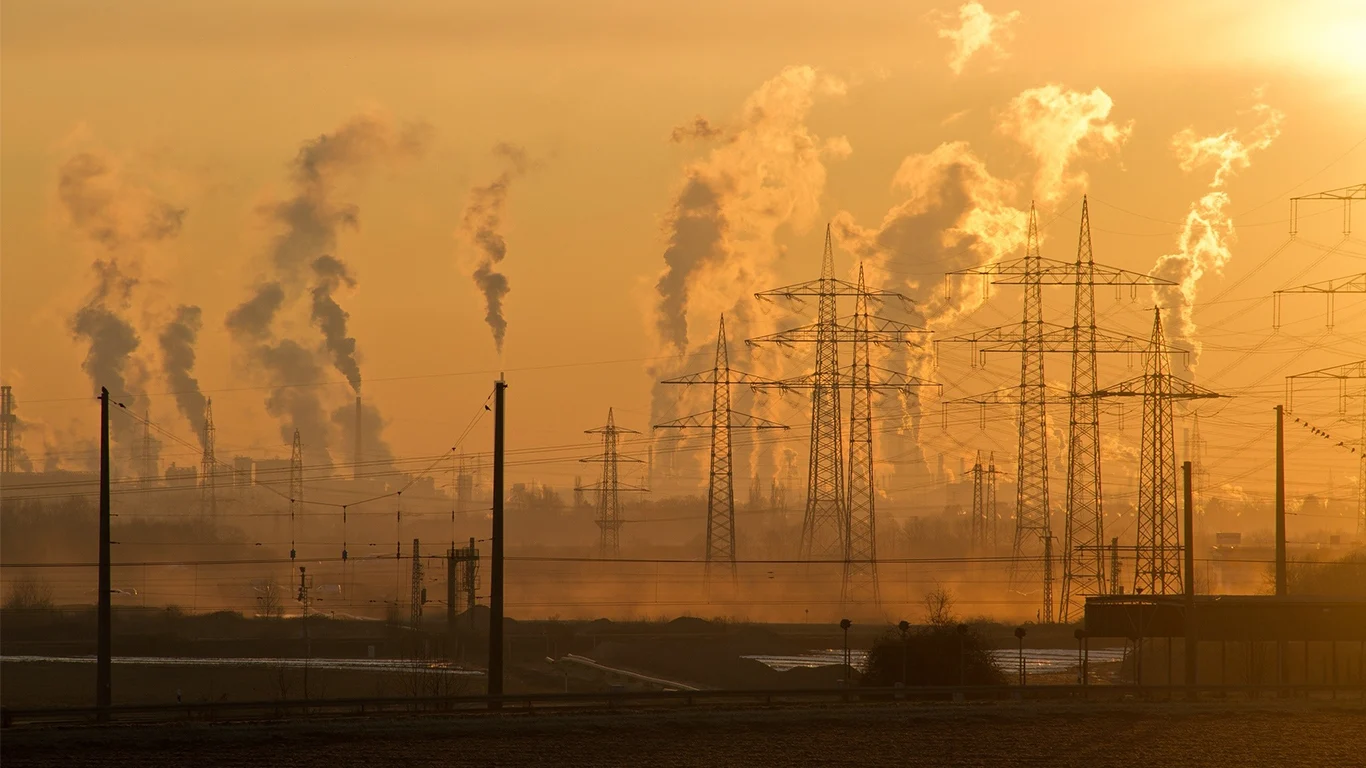Energy is at the heart of the climate challenge-and key to the solution. Energy is fundamental to our civilization and to the prosperity of nations. The manufacturing, distribution and utilization of energy are deeply rooted in the fabric of our economies and central to the relations between nations.
The world leaders met under the auspices of the UN General Assembly on 24th September 2021 in New York. They held a high-level discussion on energy. One of the main outcomes is the first-ever global roadmap for accelerated SDG 7 action. This presents a clear strategy for attainment of universal energy access and energy transition by 2030.To support these objectives, an excess of US$400 Billion in new finance and investment was committed by governments and private sector.
The various sources of energy that have been powering the planet has undergone a session of rapid change. Renewables has evolved as a technologically feasible, economically attractive and sustainable choice that increasingly can meet energy demands for countries, businesses and to ordinary citizens. The ravenous nature of climate change and recent Russia invasion of Ukraine have greatly affected the supply of Petroleum energy, gas and coal. This has resulted to a need to drive investments in renewable energy generation which has increased their capability to meet our energy needs enhancing the global transition to sustainable sources of energy further accelerating their adoption.
Russia’s invasion of Ukraine has greatly affected the global energy market supply chain. The broken relationship between Russia and its energy customers have led to a rapid focus on need to develop and maintain energy security. This has developed head starts on nation’s need to have a robust and diverse energy mix at the heart of energy security policies, an avenue that have enhanced the acceleration and adoption of energy efficiency policies and the need for renewables.
The vulnerable importers need to be cushioned. Some of the sustainable ways is by remodeling the energy geopolitics by the localization of the global energy system while speeding up the deployment of renewables.
Energy efficiency is critical to solving the climate crisis. Climate change has necessitated the needs to embrace energy efficiency measure like reducing energy wastage and accelerating use age of renewable energy sources.
The following are some sectors that have embraced energy efficiency targets: manufacturing, transportation, affordable housing (in their building codes) and power sectors. Traditionally, they have been the sectors that had high dependency on imports. The inclusion of efficiency targets has acted as a cost-effective platform for these sectors to save money, create jobs, reduce GHG emissions and meet growing energy demands. Consequently, contributing to growth of renewables.
This makes renewable energies to act as tools for coping with climate change: both mitigation and adaptation strategies by reducing GHG emissions into the atmosphere.
Renewable energy can be used as a tool to contribute to addressing a global challenges of energy poverty and decarbonization of energy systems. Statistics indicates that nearly 760 million people are still lacking electricity and 2.6 Billion are without clean cooking solutions and affordable technology. To address this challenge coupled with the need for energy efficiencies, this industry stakeholders have started to harness technologies to venture into this ready market
Reasons for acceleration in adoption rates:
1.Renewable energy is cheaper: Renewable energy is the cheapest power option. Prices of renewable energy technologies are dropping rapidly. This makes renewables more attractive to all energy categories of society. They are also a clean source of energy that could help decarbonize over 60% of the power sector by 2050.Businesses and corporations are integrating renewables in their operations to contribute towards their Net zero ambitions hence accelerating the adoption rates.
2.Renewables energies are healthier: They are clean sources of energy. Various industries and institutions are major consumers of energy for their operations. The race to quest for sustainability and to enhance occupational safety standards, makes industries to prefer investing in clean energies which also saves expenses.
3.Renewable energy enhances creation of jobs opportunities: The transition towards net-zero emissions is projected to contribute greatly to more jobs openings in energy sector. This will catalyze the need for investment in both public and private sectors. Example more workforce will be required to fill emerging positions in manufacturing of electric means of transport (vehicles, trains, Motorcycles and bicycles) and innovative technologies such as solar and wind power.
4.Renewable sources of energy are all freely with us: The sources are free and plentily available. Their full potential has not been fully harnessed. This offers a solution from import dependency while driving an inclusive economic growth and new jobs creation.
Renewable energies are readily available. They enhance a country’s ability to strengthen their energy security while promoting country’s energy independence through harnessing the freely available indigenous sources of energy. This has contributed to positioning the renewables at the center of global energy landscape.
The levels of technological advancements coupled with their readily affordable costs have made the adoption of renewables to grow faster than any other source of energy. Majority of the renewable technologies are cheaper, thus providing a competitive advantage to fossil fuels. This further enables their choice consequently accelerating their adoption rates.
The adaption of renewables has set a stage of global energy transformation which is expected to have notable geopolitical consequences hence reducing the risks of potential conflicts, enabling the social, economic and environmental drivers of geopolitical stability.



